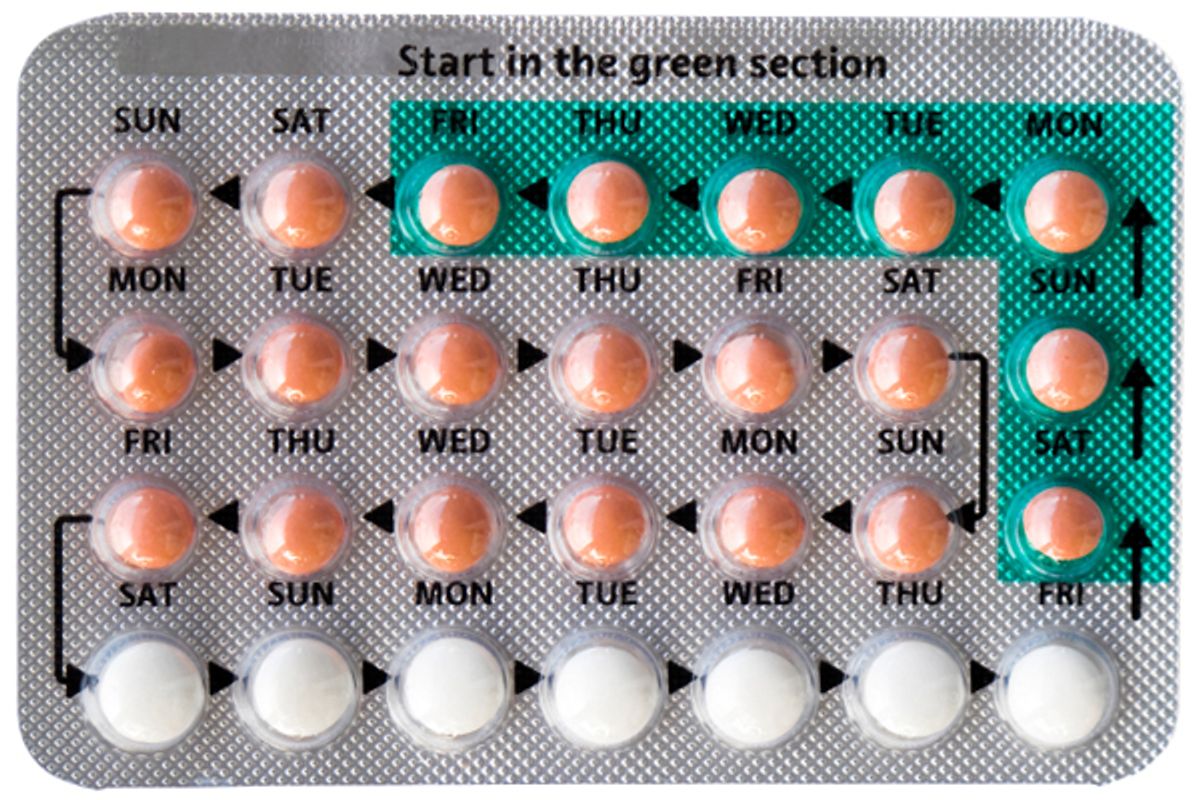Abnormal Uterine Bleeding: Symptoms, Causes, Treatment
What are the symptoms of abnormal uterine bleeding?
Abnormal uterine bleeding (AUB) refers to any abnormal bleeding from the uterus that is not part of a woman’s normal menstrual cycle. Symptoms of AUB can vary depending on the underlying cause, but may include:
- Heavy Menstrual Bleeding: Menstrual bleeding that is significantly heavier or longer-lasting than usual. This may include the need to change pads or tampons frequently (more than once every 1-2 hours) or passing large blood clots.
- Irregular Menstrual Bleeding: Menstrual cycles that are shorter or longer than usual, or irregular bleeding between periods.
- Bleeding After Menopause: Any vaginal bleeding that occurs after a woman has gone through menopause (12 consecutive months without a menstrual period).
- Bleeding After Intercourse: Vaginal bleeding that occurs after sexual intercourse.
- Pelvic Pain: Some women with AUB may experience pelvic pain or cramping, especially during menstrual periods.
- Fatigue: Chronic or heavy bleeding can lead to fatigue or low energy levels.
- Anemia: Chronic or heavy bleeding can lead to iron deficiency anemia, which can cause symptoms such as weakness, fatigue, and pale skin.
It’s important to note that the symptoms of AUB can be caused by a wide range of underlying conditions, including hormonal imbalances, uterine fibroids, polyps, endometriosis, pelvic inflammatory disease (PID), and certain medications or medical conditions. If you experience any abnormal uterine bleeding, it’s important to see a healthcare provider for evaluation and appropriate management.
What are the causes of abnormal uterine bleeding?
Abnormal uterine bleeding (AUB) can have several causes, including:
- Hormonal Imbalance: Fluctuations in hormone levels, particularly estrogen and progesterone, can disrupt the normal menstrual cycle and lead to AUB. This can occur during puberty, perimenopause, or due to conditions such as polycystic ovary syndrome (PCOS) or thyroid disorders.
- Uterine Fibroids: Noncancerous growths in the uterus called uterine fibroids can cause AUB, especially if they are large or located near the lining of the uterus.
- Endometrial Polyps: Benign growths in the lining of the uterus called endometrial polyps can cause AUB, especially if they are large or numerous.
- Endometriosis: Endometriosis is a condition in which the tissue that normally lines the uterus grows outside the uterus, leading to AUB, pelvic pain, and infertility.
- Adenomyosis: Adenomyosis is a condition in which the tissue that lines the uterus grows into the muscular wall of the uterus, leading to heavy or prolonged menstrual bleeding and pain.
- Pelvic Inflammatory Disease (PID): PID is an infection of the female reproductive organs that can cause AUB, along with pelvic pain and fever.
- Polycystic Ovary Syndrome (PCOS): PCOS is a hormonal disorder that can cause irregular periods, AUB, and other symptoms due to hormonal imbalances.
- Thyroid Disorders: Disorders of the thyroid gland, such as hypothyroidism or hyperthyroidism, can disrupt the menstrual cycle and lead to AUB.
- Certain Medications: Some medications, such as blood thinners or hormonal medications, can cause AUB as a side effect.
- Cancer: In rare cases, AUB can be caused by uterine cancer, cervical cancer, or ovarian cancer.
These are just a few of the many possible causes of abnormal uterine bleeding. It’s important to see a healthcare provider for a thorough evaluation if you experience AUB, as the underlying cause will determine the appropriate treatment.
What is the treatment for abnormal uterine bleeding?
The treatment for abnormal uterine bleeding (AUB) depends on the underlying cause and the severity of the symptoms. Treatment options may include:
- Hormonal Therapy: Hormonal therapy, such as birth control pills, hormonal IUDs (intrauterine devices), or hormone replacement therapy, may be used to regulate the menstrual cycle and reduce heavy bleeding.
- Nonsteroidal Anti-Inflammatory Drugs (NSAIDs): NSAIDs, such as ibuprofen or naproxen, can help reduce menstrual cramps and reduce bleeding.
- Tranexamic Acid: Tranexamic acid is a medication that can help reduce heavy menstrual bleeding by promoting blood clotting.
- Iron Supplements: Iron supplements may be recommended to prevent or treat iron deficiency anemia caused by heavy bleeding.
- Endometrial Ablation: Endometrial ablation is a procedure that involves destroying the lining of the uterus to reduce or stop menstrual bleeding. It is typically used for women who do not plan to have any more children.
- Uterine Artery Embolization: Uterine artery embolization is a procedure that involves blocking the blood supply to the uterus to reduce heavy bleeding, often used for women with fibroids.
- Surgery: In some cases, surgery may be necessary to treat the underlying cause of AUB. This may include removing fibroids or polyps, or in severe cases, hysterectomy (removal of the uterus).
- Lifestyle Changes: Making lifestyle changes, such as maintaining a healthy weight, exercising regularly, and managing stress, can help reduce the risk of AUB.
The appropriate treatment for AUB will depend on the underlying cause, the severity of the symptoms, and the individual’s preferences and goals. It’s important to see a healthcare provider for a thorough evaluation and to discuss the best treatment options for your specific situation.




